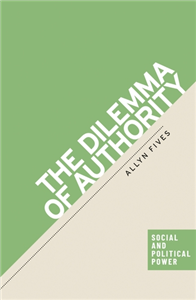Crimes Against Humanity
Birth of a concept
by Norman Geras
This book tells the story of the emergence of the concept of crimes against humanity. It examines its origins, the ethical assumptions underpinning it, its legal and philosophical boundaries, and some of the controversies connected with it. A brief historical introduction is followed by an exploration of the various meanings of the term 'crimes against humanity' that have been suggested; a definition is proposed linking it to the idea of basic human rights. The book looks at some problems with the boundaries of the concept, the threshold for its proper application and the related issue of humanitarian intervention. It concludes with a discussion of the prospects for the further development of crimes-against-humanity law. The work serves as a clear and compact introduction for students of politics, philosophy and law, as well as for the general reading public.

















